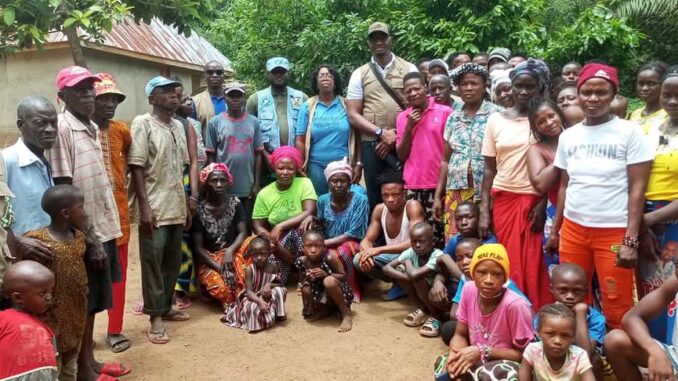
News Update‼️‼️‼️‼️
The Human Rights Commission of Sierra Leone on Thursday, 15th and Friday 16th May conducted a fact finding mission in Yenga to assess the current situation, as well as the human rights concerns of the affected people.
The team was led by Commissioner Simitie Lavaly, and included the Director of Human Resources, Peter Abraham Koroma, Deputy Director and Head of Southern Region Office, Emmanuel Thomas, Acting Head of Eastern Region Office, Tanneh Kumba Koroma, Human Rights Officer, Francis Baigeh Johnson, Regional Coordinator East of the Independent Commission for Peace and National Cohesion, Francis Mustapha Sengeh and Amos Koroma and Roland John Momodu from the Kailahun District Human Rights Committee.
Yenga is a village located in Kissi Teng Chiefdom, Kailahun District. Since 2002, Guinea and Sierra Leone have been struggling over the ownership of Yenga.
In January 2021, the Commission undertook a fact-finding mission to Yenga to get firsthand information on the issue and also investigate the impact the continuous closure of the border has had on the people. Findings and recommendations were later presented to government for prompt action.
This latest monitoring exercise by HRCSL was prompted as a result of an incident that occurred on April 29th, wherein Guinean troops took control of the Yenga area and several key border crossing points, thereby restricting the movement of local residents in and out of Guinea and preventing them access to their farmlands.
Issues identified were threats to their safety and security, poor hygiene conditions, deprivation of livelihoods, displacement of people, and lack of access to schooling and health. The government has provided military personnel to secure villages immediately before reaching Yenga, whilst diplomatic engagements are ongoing.
During engagement with key stakeholders, including the affected people in Koindu Town on Thursday, 15th May 2025, Town Chief of Yenga, Tamba Nyuma, narrated how the recent incident has brought untold suffering on his people.
He said the Guinean soldiers continue to assert ownership of the land through the building of houses, mounting of their flag, and also restricting the movement of Sierra Leoneans in and out of the community.
“We decided to escape at night for our lives without taking anything along. Currently, we don’t have any strategic place to stay and make ends meet. We’re squatting here in Koindu Town. We have become displaced in our own country, and our children can’t attend school because of the prevailing situation,” he said, urging the government to find ways of resolving the issue without further delay.
For her part, Chairlady of Yenga Town, Musu James, was concerned about their source of livelihood and the future of their children’s education. “We’ve left behind our plantation and other sources of livelihood which we depend on to survive. We’re struggling right now. We want to return back to our community so that our children can continue their schooling,” she said.
Chiefdom Speaker of Kissi Teng Chiefdom, Fallah Jusu, noted that he has been sending reports to government authorities since the Guinean soldiers started putting up structures in the community but nothing was done.
“They have now occupied our land, and we do not have the power to fight them. We don’t want war; all we are asking for is a peaceful and permanent solution to this crisis,” he said.
Responding, Commissioner Simitie Lavaly shared the concerns of the affected people, urging them to exercise restraint.
She assured them that the Commission will engage government for an amicable and lasting settlement to the current situation.
The team from HRCSL, which also included representatives from the Kailahun District Human Rights Committee and the Peace Commission, conducted a tour of the border area and also engaged two of the affected communities; Sokoma and Pengu Bengu.
A comprehensive report, detailing findings and recommendations, will be published at a later date.
©️ HRCSL Communications Team

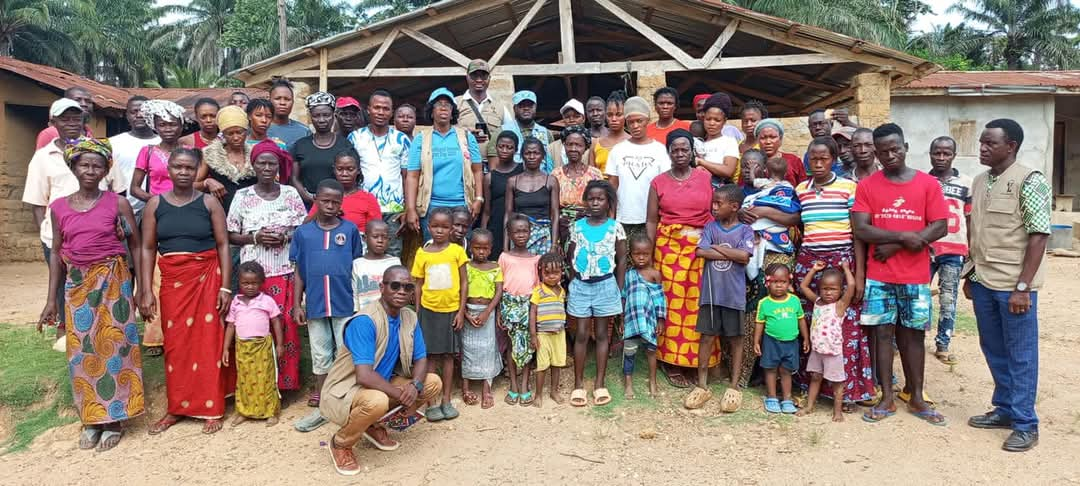
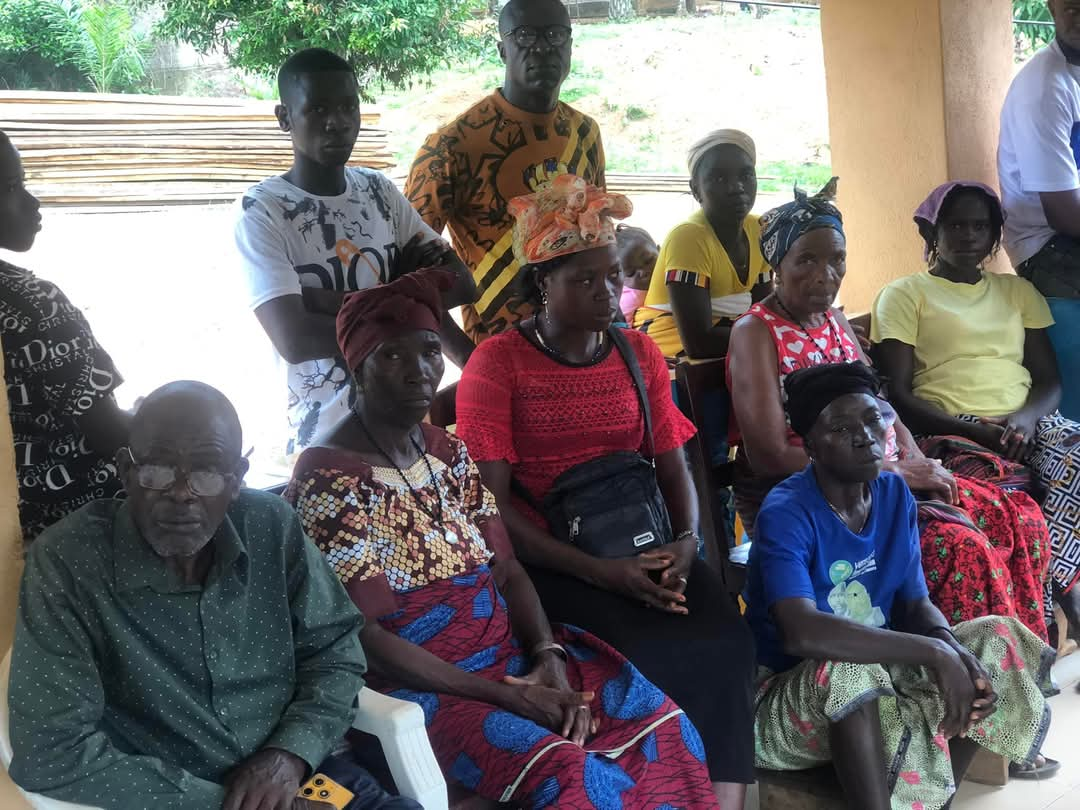
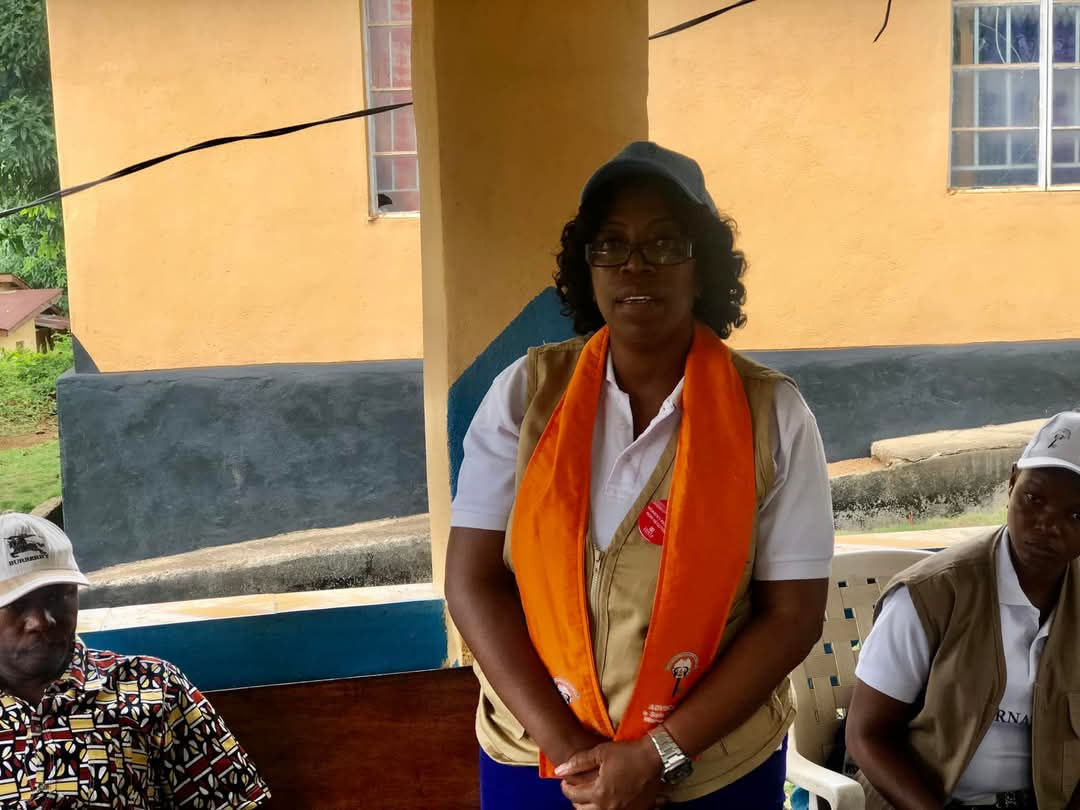
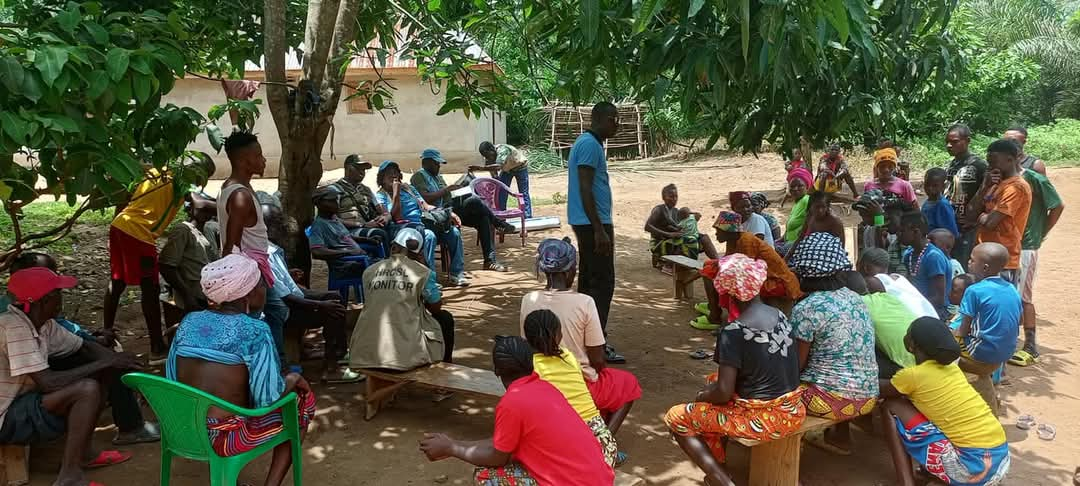

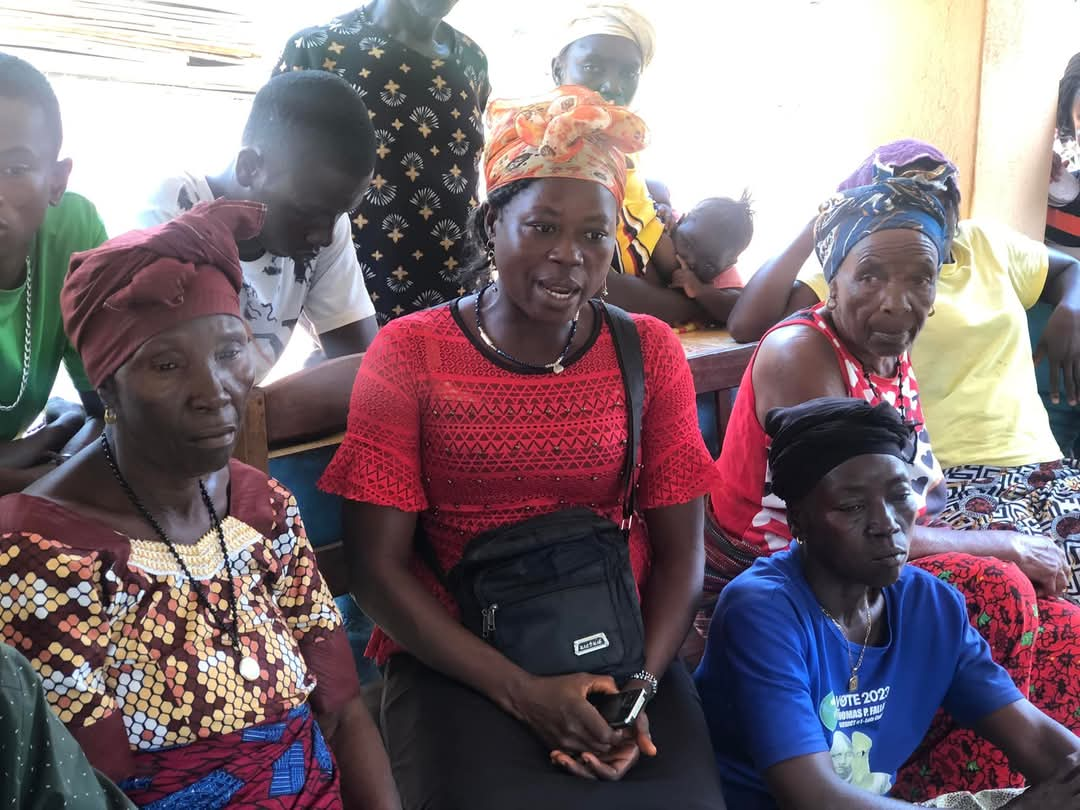
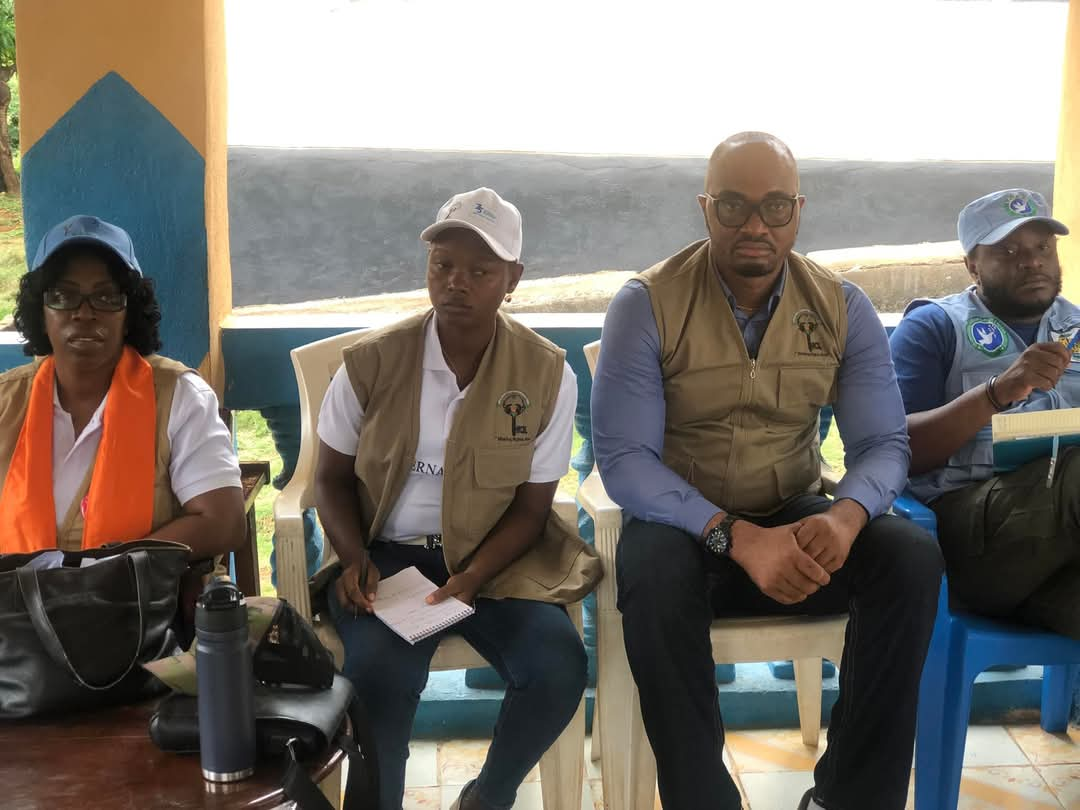
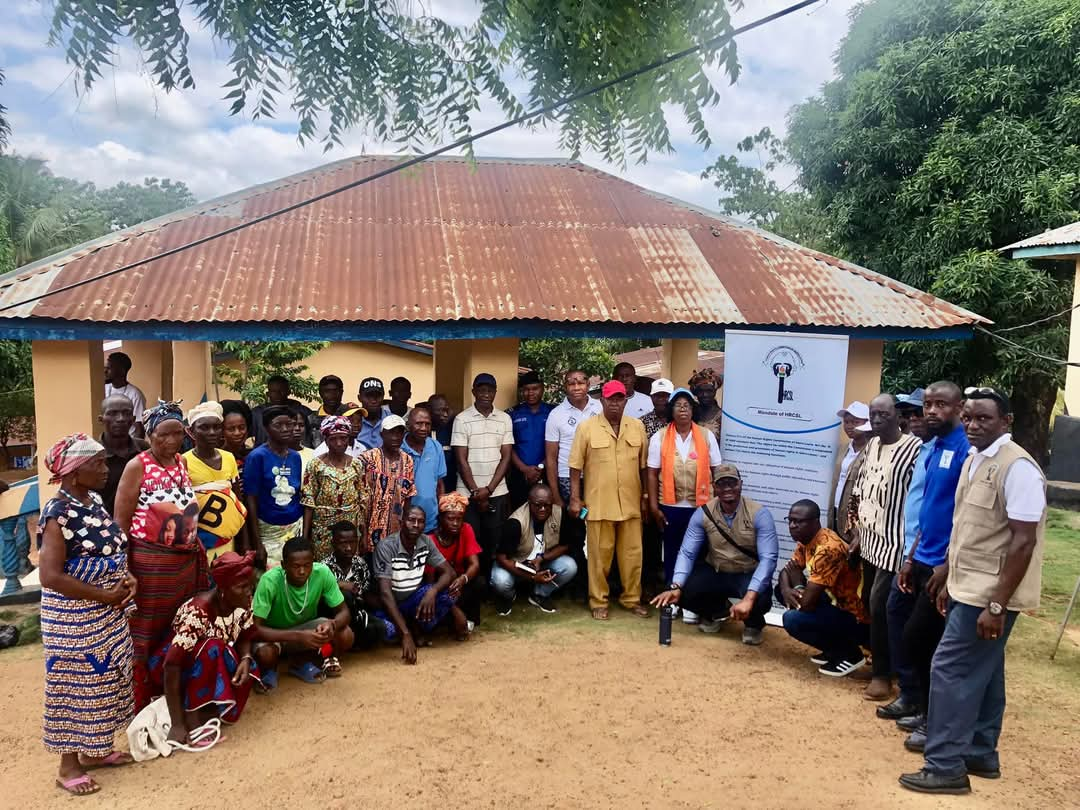
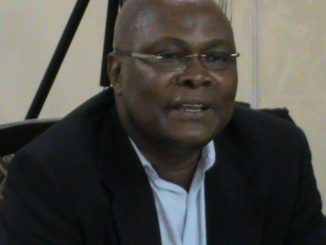
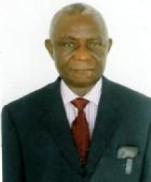

Leave a Reply